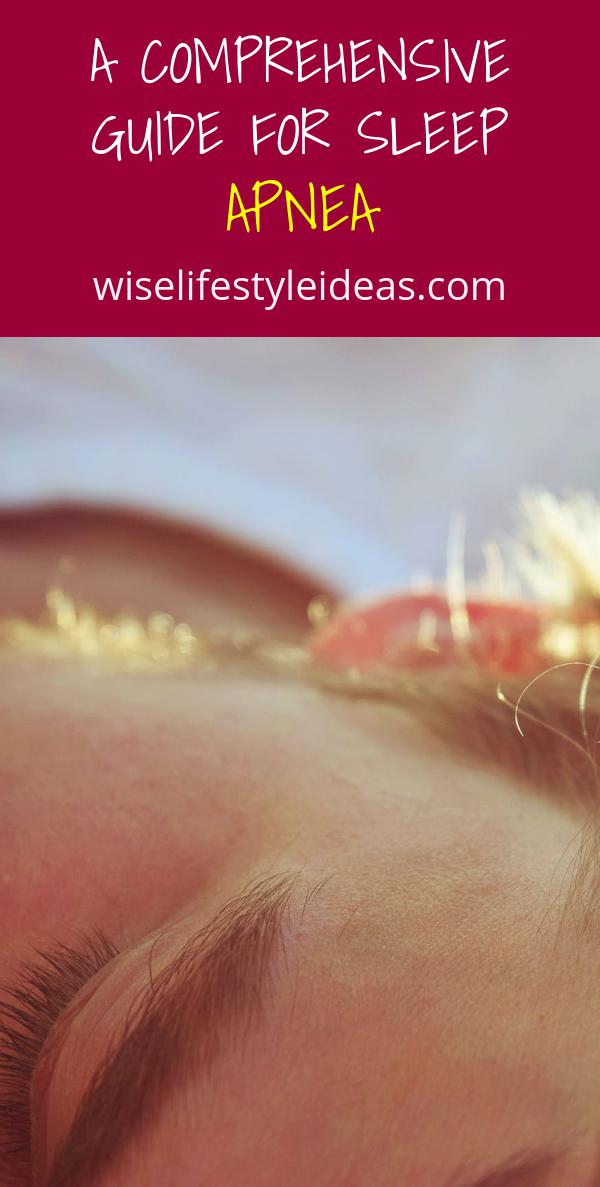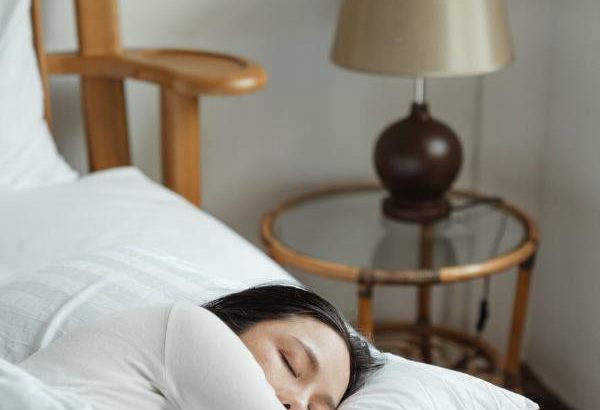Sleep apnea occurs when a person stops breathing during sleep. This can happen anywhere in the mouth, including the upper and lower jaws, the tongue and the uvula. There are many causes of sleep apnea. If you or a loved one has had this condition, then you should know the signs and symptoms of sleep apnea so that you can help your loved one.
Most people do not recognize this condition and are not aware that they are experiencing it. If you are one of these people, then you might want to get tested for sleep apnea as soon as possible. You might be having the symptoms of sleep apnea without even knowing it. Once you get a diagnosis, then you can get treatment for this condition.

You should know that this condition has a serious risk to your health. It can cause a variety of conditions and make you more vulnerable to other health problems. While it can affect your life in a minor way, you should consider that if left untreated it can lead to a more serious problem. In fact, the American Heart Association says that sleep apnea can be an indicator of something more serious. They say that sleep apnea can indicate a heart problem, or can lead to cardiac arrest.
Most people don’t realize that having sleep apnea can lead to more serious medical conditions, such as sleep deprivation. In addition, when people have symptoms of sleep apnea, they are likely to have lower-quality sleep. This could lead to conditions like depression or anxiety.
While sleeping, your body collapses on itself, which is what happens when someone stops breathing. When this happens, it leaves you with a lack of oxygen, which causes your body to become fatigued and to have difficulty focusing on things that need to be done.
The symptoms of sleep apnea include irritability, difficulty concentrating, falling asleep, frequent awakenings, feeling drowsy during the day, headaches, ringing in the ears, and many others. Often, if you have these symptoms, your doctor will need to run a series of tests to determine if you have sleep apnea.
Once you have been diagnosed with sleep apnea, it’s time to start treating the condition. You can begin to treat it in many ways. Your doctor will recommend one method of treatment after another until you find the one that works best for you. You may be able to prevent this condition by taking simple steps to help keep you from snoring.
For example, if you are overweight, losing weight can help you sleep better. If you drink alcohol before bed, stop drinking for the night so that you can stay awake longer. You can also try sleeping on your side-lying, which allows your head to rest on your chest.
Making lifestyle changes is important as well. You may need to avoid sleeping on your back, as this can cause your head to roll onto your stomach. Instead, put pillows between your knees or under your hips and ensure that you sleep on your side every night.

Taking care of yourself physically can help you to sleep better. Being physically active can give you energy so that you can focus on other things. You may also want to add activities that relax you to your regular exercise routine.
If you suspect that you or someone you love has sleep apnea, it is best to consult your doctor. He or she can test you for this condition and may suggest treatments to help you get better. Knowing what to expect as well as knowing what treatment options are available can make you feel more comfortable about the situation.




